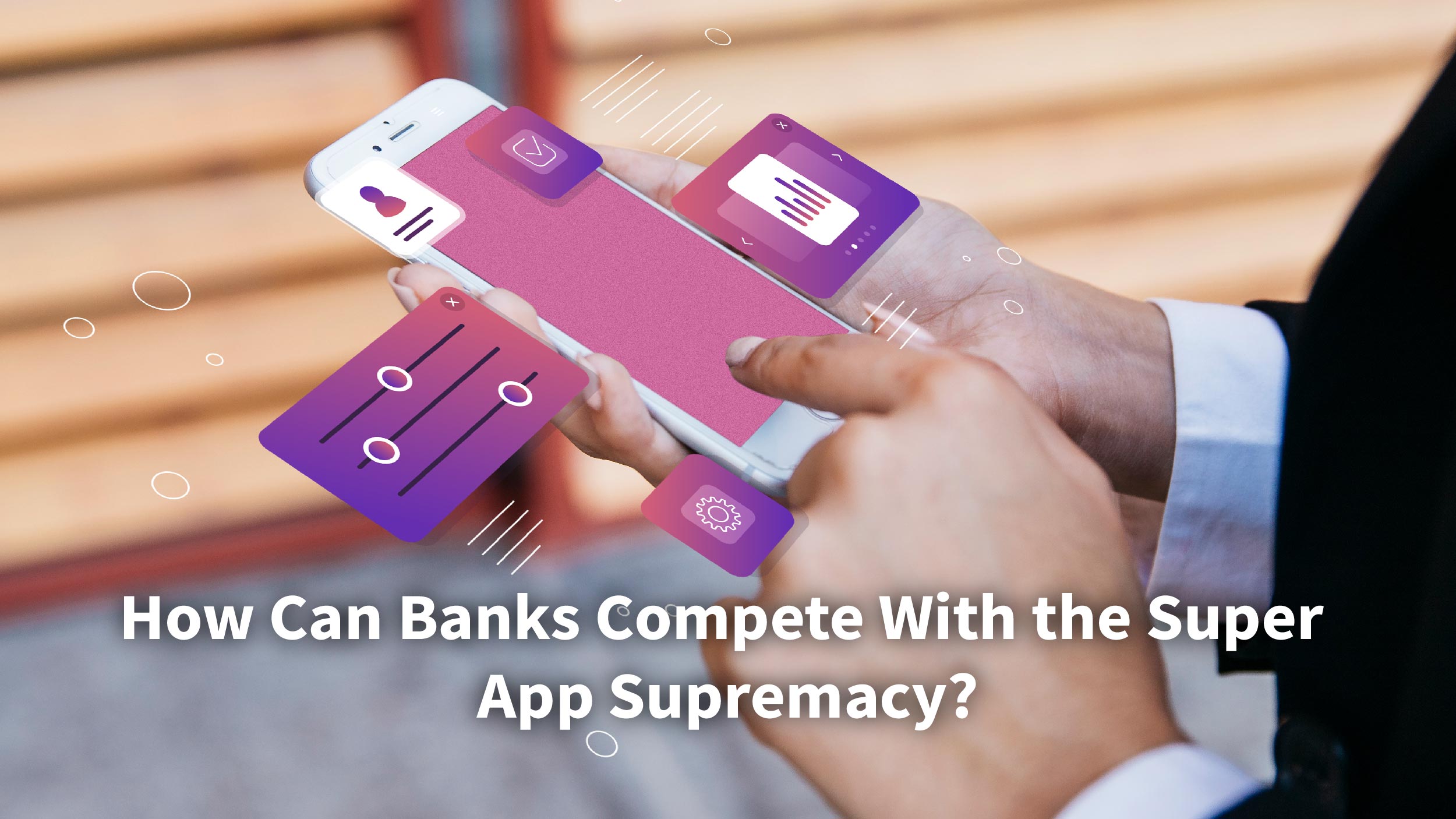In today’s digital age, where convenience and efficiency reign supreme, the concept of super apps has taken the tech world by storm. These all-in-one platforms offer a multitude of services and functionalities, from ride-hailing and food delivery to financial services. But what about their effectiveness for banks? In this blog, we explore the phenomenon of super apps and delve into whether they truly live up to their “super effective” reputation for banks.
Let’s get started.
What is a Super-App?
A super-app (supper application) is an all-encompassing app that uses a single integrated interface or platform to provide a complete ecosystem of services tailored to users’ daily lifestyle demands. In most cases, it entails a marketplace where third-party products are offered and fully integrated into the ecosystem. It also makes use of enormous amounts of data to interact with consumers and provide a wide range of experiences and services.
Some of the super banking apps in India are Cashfree, Fi, Jupiter, Navi, and much more.
The Rise of Super Apps
Many consumers are now comfortable doing an increasing number of activities online and on their smartphones as using apps has become deeply embedded in their daily routines. For instance, WeChat, the leading super app, boasts an impressive user base of 1.24 billion users, making it the most widely used super app in the world. These activities range from shopping and banking to attending business meetings, watching movies, scheduling transportation, and more. Super applications can now consolidate a market that has grown too big and complicated for users to manage as a result of this.
Super applications have the advantage of providing a single location for consumers to complete many online tasks. Users find maintaining dozens of separate programs significantly less convenient than opening a single super-app. This is the major factor that makes these apps more popular than single-use apps.
Customers can access a variety of experiences, services, and features by combining them on a single platform. Super applications offer streamlined interactions that keep users hooked to them. Additionally, by providing loyalty rewards, the super-app encourages customers to perform more of their business there to optimize those advantages.
Can Super Apps Affect Banks?
Super apps are all-in-one platforms that integrate financial services into their ecosystems, providing seamless experiences for users. They reduce the need for separate banking apps, allowing users to make payments, check account balances, and perform other banking operations directly from the app’s digital wallet.
These apps leverage advanced technologies like analytics, artificial intelligence, and machine learning to build customer-relevant products and foster data-driven decision-making. However, banks must adapt to the changing landscape and find ways to compete with these integrated platforms. By leveraging Open Banking frameworks and APIs, banks can develop their own super applications, retaining their market share and offering a comprehensive digital experience to customers.
Open Banking & Super Apps: A Super Duo

Super apps integrate financial data from various sources, including open banking and APIs, to provide customized solutions for users. These apps group users’ financial activities into a single platform, reducing the need to use their bank’s app. By combining open banking data with AI and ML technologies, these apps can make data-driven decisions and create customer-focused products. As open finance advances, these apps will have access to a wider range of partners, increasing user appeal.
These apps may now supply financial goods to customers by utilizing financial data from a variety of sources thanks to the global expansion of Open Banking. The platforms will have an even better chance to offer a variety of financial services and cater to the needs of each user as a result. Here’s how open banking can power super applications:
- All-in-one platform: Customers won’t need to open a bank’s official app as often if the super-app can leverage Open Banking data to execute tasks like payment processing, account balance checking, recent transaction monitoring, and other standard banking activities via the app’s digital wallet.
- Employing cutting-edge technologies: Open banking data can be used by analytics, AI, and machine learning to create solutions that are relevant to customers and promote data sharing and data-driven decision-making throughout the super-business app’s ecosystem.
- Personalized Experience: Open Banking offers an ecosystem that proactively assists platforms in utilizing consumer data and producing entirely customized experiences for them.
- More access and more connections: Super apps will have more access to and connections with partners as Open Banking evolves into open finance and open data, enabling them to deliver new products more quickly and to a larger audience.
How Can Banks Compete With the Super App Supremacy?

What components are essential to a super app? A convenient and effortless user experience is facilitated by a large user base, social engagement, marketplace ecosystems, big data—or, more specifically, smart data, payment integration, and the ability to cater to the unique financial and lifestyle needs of the user. Banks have all the resources necessary to compete, but they won’t be successful until they reconsider their business models, incorporate smart data, and make investments for the ecosystem’s expansion.
The following four factors are essential for banks to consider while creating their super app strategy:
1. Business plan and approach
Selecting a market entry strategy and business model is essential for success. They have many options to choose from, some of these options include:
- Develop a super app of their own, ideally with an emphasis on banking and finance and eventually broaden it to include non-financial services as part of a longer-term strategy.
- Participating in Banking-as-a-Service with mega app ecosystems and offering the banking technology and/or regulatory environment.
- Deciding on the acquisition strategy. Whatever path you choose, you need to decide immediately and start planning.
2. Super Apps powered by open banking and APIs
Banks have a wonderful opportunity to lead the way in developing super apps by utilizing Open Banking frameworks and APIs to link an ecosystem of numerous sector goods and services into a single app. Instead, through the use of powerful open APIs provided by mega-app platforms, banks can work with them to offer banking and payment services.
3. Data Management and analysis
To compete, it is essential to invest in new technologies to enhance data management and analytics skills. Hyper-personalization of product and loyalty services will be made possible by the use of technologies like predictive analytics, artificial intelligence, machine learning, and real-time measurements.
With real-time notifications and smart budgeting and analytics tools that determine personalized product offerings based on anticipated spending behavior, banks can give clients greater control over their financial lives. This will help customers stay on top of their spending.
4. Fully Integrated Ecosystems
As consumer demands for convenience, effectiveness, and seamless experiences changed, super applications were created. A platform must create an ecosystem of completely integrated third-party services if it is to be appealing. A multitude of mini-programs that provide a range of client experiences in one place make up this ecosystem. The ecosystem is what gives super apps their “super” quality, and the quality of the bank will be determined by the caliber of its ecosystem, APIs, and integrations.
Summing Up
Super apps for banks offer convenience and accessibility, offering a range of financial services within a single platform. They streamline operations, enhance customer experiences, and tap into new markets. However, challenges like security concerns and regulatory compliance need to be addressed. Collaboration between banks and technology providers is crucial for developing secure platforms. The effectiveness of super apps depends on their ability to adapt to evolving customer needs, integrate seamlessly with existing systems, and deliver personalized experiences. As the digital landscape evolves, super apps have the potential to revolutionize the banking industry.




